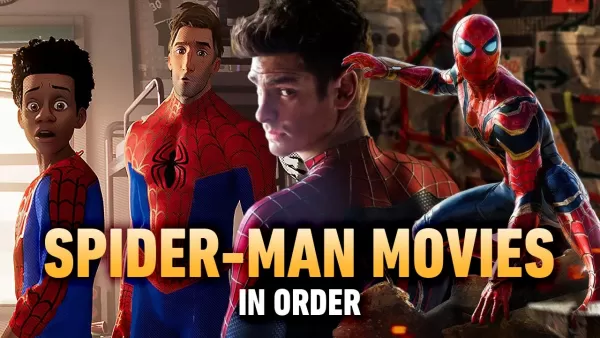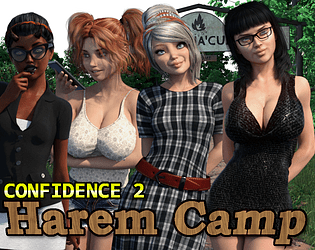Hideki Kamiya, renowned game director behind classics like Okami, Devil May Cry, and Bayonetta, embarks on a new chapter. After a two-decade tenure at PlatinumGames, he's launched Clovers Inc., a new studio dedicated to fulfilling a long-held ambition: an Okami sequel.
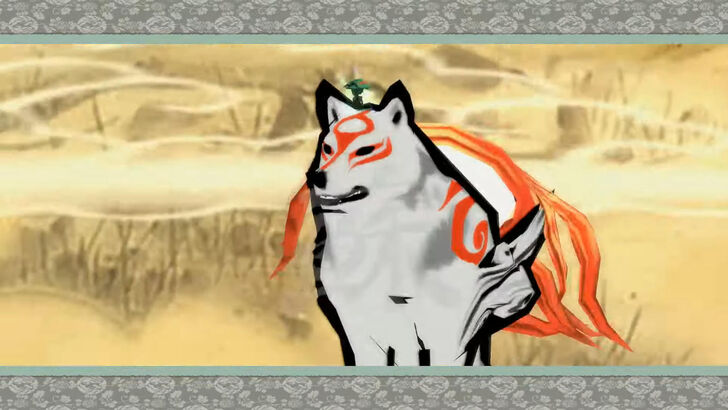
A Dream 18 Years in the Making
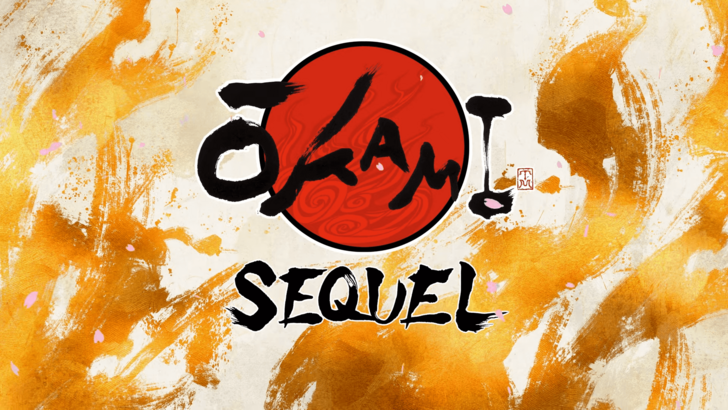
Kamiya's passion for Okami is well-documented. He felt the original game's story unfinished, a responsibility he felt compelled to address. His previous attempts to secure a sequel at Capcom proved unsuccessful, leading to humorous, yet frustrated, public comments. Now, with Clovers Inc. and Capcom as publisher, his vision is finally becoming reality.
Clovers Inc.: A New Beginning
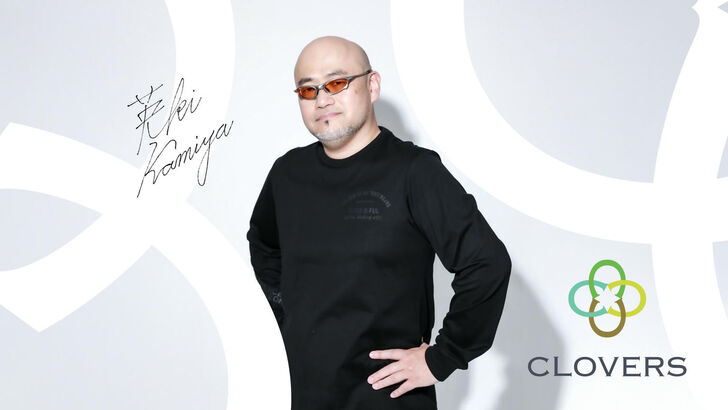
Clovers Inc., a joint venture with former PlatinumGames colleague Kento Koyama, pays homage to Clover Studio, the developer of the original Okami. The name also reflects Kamiya's early Capcom days, where he worked on Resident Evil 2 and Devil May Cry. Kamiya focuses on development, while Koyama manages the business aspects of the studio, a collaboration born from mutual respect and shared creative vision.
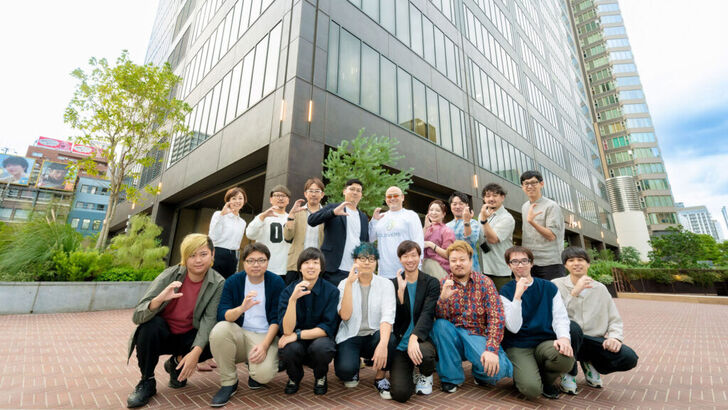
Currently employing 25 people across Tokyo and Osaka, Clovers Inc. prioritizes a shared creative philosophy over sheer size. Many team members are former PlatinumGames employees who followed Kamiya and Koyama, drawn by their dedication to crafting exceptional games.
Departure from PlatinumGames
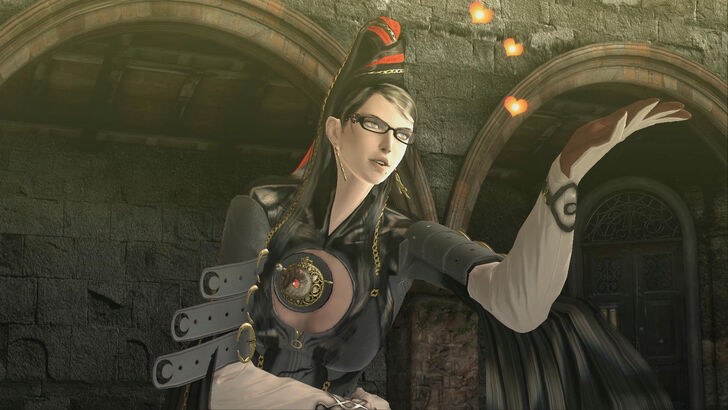
Kamiya's departure from PlatinumGames, a company he co-founded, surprised many. He hints at internal disagreements regarding game development philosophies, ultimately leading to his decision to pursue a new path. Despite this, he remains enthusiastic about the Okami sequel, emphasizing the excitement of building something new from the ground up.
A Softer Side?
Kamiya's online persona is known for its bluntness. However, he recently issued a public apology to a fan he previously insulted, showcasing a surprising display of remorse. He's also been engaging more positively with fans, responding to requests, and highlighting fan art and cosplay. While his characteristic directness remains, a shift towards greater empathy is evident.



